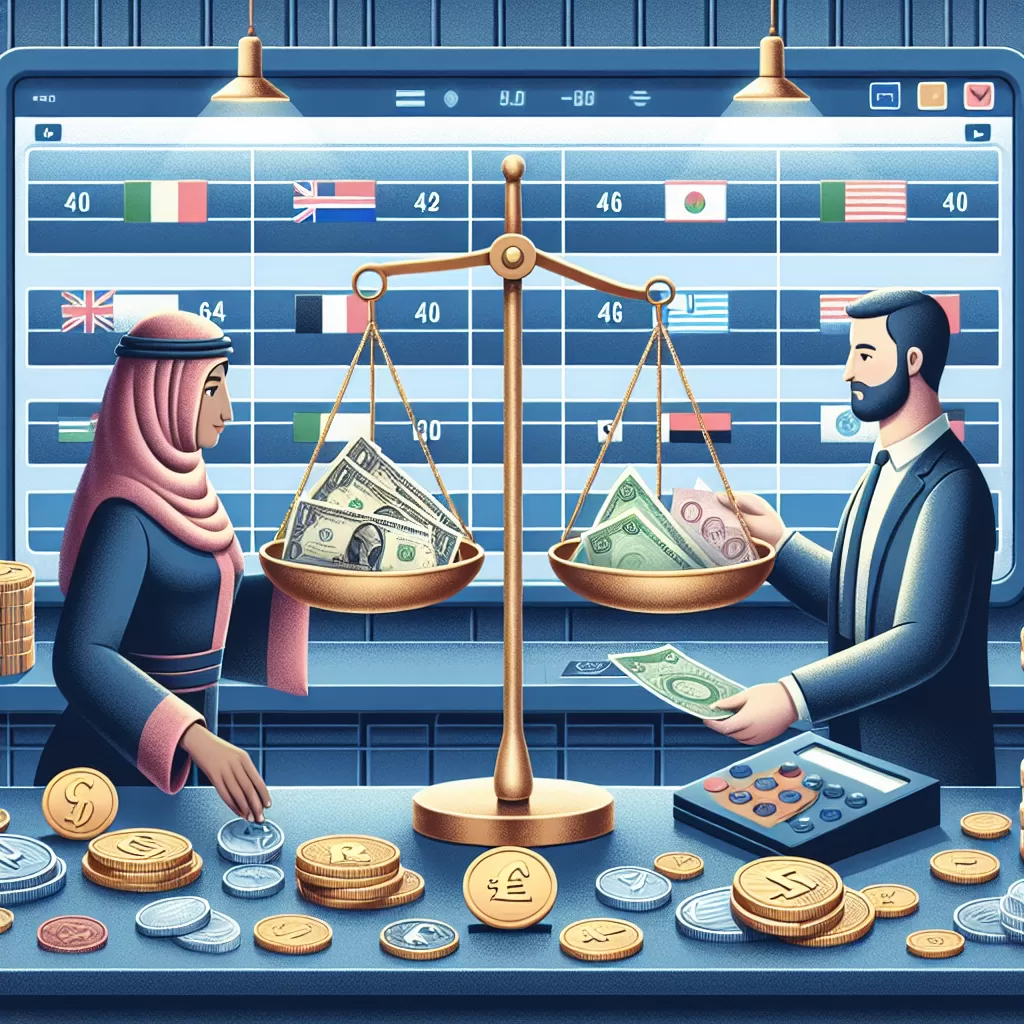How Does Currency Exchange Work
Follow Currency Mart April 10, 2024
Where to purchase Foreign Currencies?

Introduction
Currency exchange is a globally significant activity involving the trading of one type of currency for another. Its influence extends beyond the realm of travel and international trade, shaping financial markets and economic stability. As the Guardian of currency exchange, I extend my expertise to enlighten you about its workings.History of Currency Exchange
Currency exchange dates back to the age of ancient trading routes, evolving in tandem with our growing global economy. Modern-era currency exchange gained prominence in the 1970s when economies shifted from fixed to flexible exchange rates.Exchange Rate Basics
The basis of currency exchange is the 'exchange rate'. The exchange rate is the price of one country's currency in relation to another. Consider, for example, Canada's dollar versus America's dollar exchange rate. This rate means that for every single Canadian dollar, you will receive a specific amount of U.S dollars. Always note that these rates fluctuate.Why Exchange Rates Fluctuate
Exchange rates are influenced by a myriad of economic factors, making them dynamic. The market laws of demand and supply are the primary drivers of these variations. Inflation rates, interest rates, country’s political stability and economic performance also significantly impact the exchange rates.Currency Exchange Providers
Banks, credit unions, online platforms, retail exchange firms and others provide currency exchange services. These entities hold reserves of different currencies, which they trade based on the prevailing exchange rates.Bank Currency Exchange
Banks are perhaps the most familiar entities to perform currency exchange. They exchange money based on their daily exchange rates and often, you can do this transaction online. However, banks generally have higher fees and less favorable rates than other currency exchange options.Online Currency Exchange Platforms
These platforms are becoming increasingly popular due to their convenience and competitive rates. They offer a wide range of currencies that can be exchanged, usually with lower fees than banks. Some of the popular online currency exchange platforms include XE, OANDA, and TransferWise.Currency Exchange Bureaus
These are physical outlets found in airports, hotels, and tourist destinations. While they provide the convenience of on-the-spot currency exchange, they often charge higher rates than banks or online platforms.Minimising Currency Exchange Costs
Being privy to exchange rates and understanding the factors influencing them is essential to minimizing costs. Shop around for the best rates, consider online platforms for lower fees, and avoid last-minute airport exchanges which tend to charge higher rates.Conclusion
Understanding the art of currency exchange can help you make more informed decisions, ensuring you get the best value for your money. As the Guardian of currency exchange, I encourage you to probe deeper into the fascinating world of exchange rates and flex your financial knowledge. By doing so, you are not merely participating in an economic dance but mastering the steps.
Where to purchase Foreign Currencies?